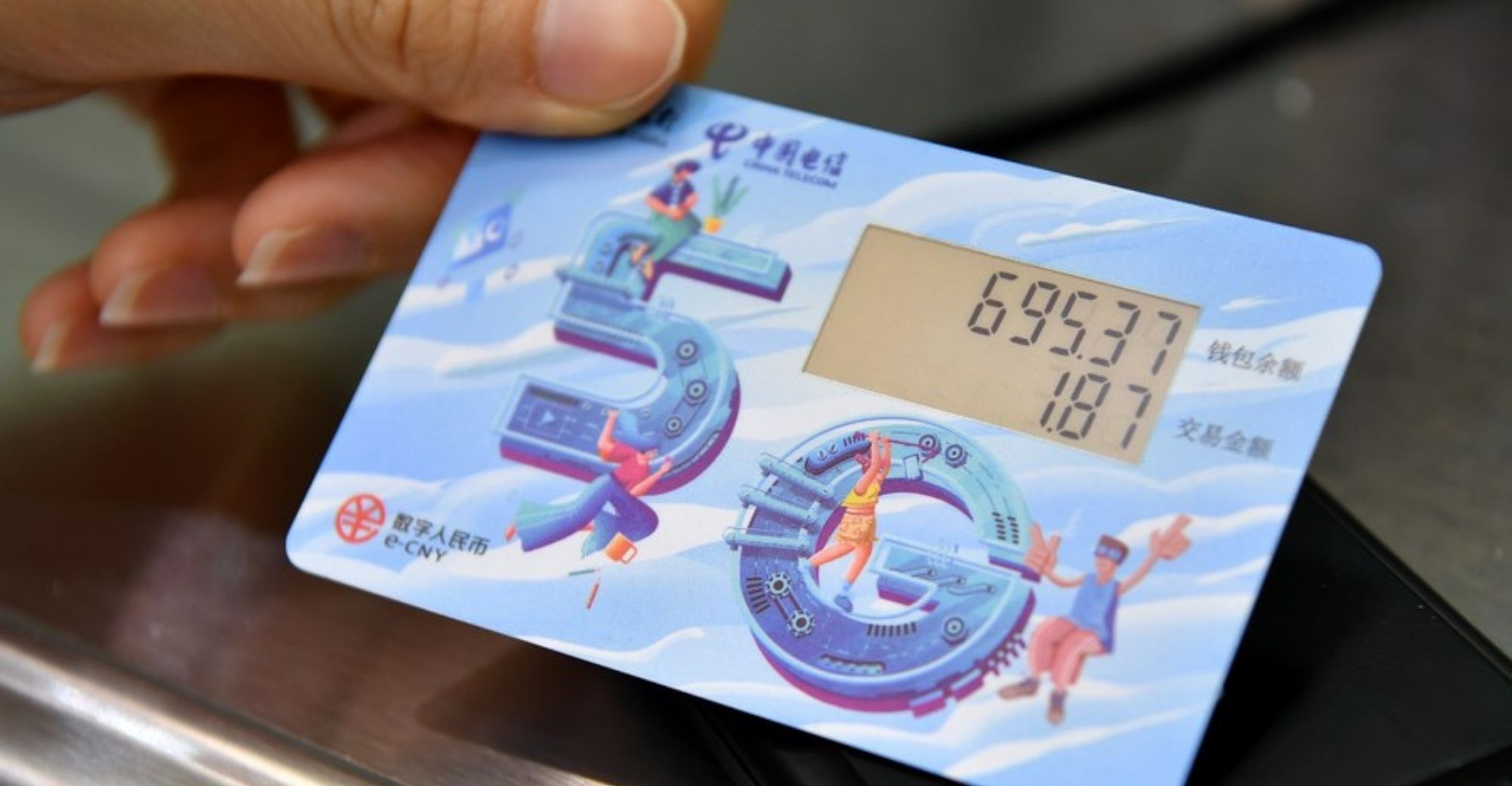Digital Yuan Transactions at Winter Olympics Surpass $1.5B
Digital yuan payment is one of the highlights offered at the ongoing Beijing Winter Olympics. Wang Ying, deputy director of the Beijing Local Financial Supervision and Administration, said that at present, the pilot digital yuan project has covered more than 400,000 scenarios at the Olympics, with a transaction amount of 9.6 billion yuan ($1.509 billion). In the next step, Beijing will continue to expand the digital yuan pilot in a steady and orderly way, so that it can be used in more scenarios.
An underground commercial square at the Beijing Winter Olympic Village is specially equipped with services such as licensed commodity stores, banks, postal services, barber shops and convenience stores, all of which accept digital yuan payment.

Foreigners coming to the Winter Olympics and Paralympics in Beijing can obtain a digital yuan hard wallet, a card similar to a typical bank card, and can charge it with foreign currency notes. Under the condition that the corresponding smartphone app has not been downloaded, the user only needs to touch payment terminals with the hard wallet card to complete the transaction. If users downloads the app, they can complete payment with the “OneHop” smartphone function.
SEE ALSO: China NFT Weekly: Animoca Brands’ Empire of NFT Games
At present, 49 merchants have been launched on the sub-wallet page of “e-CNY (Pilot Version)” app, spanning shopping, travel, lifestyle, tourism and other categories, as well as digital merchants such as JD.com, Meituan, Ele.me, Tmall Supermarket, Didi Global Inc., Bilibili, Kuaishou, iQiyi, Tencent Video and Baidu, and common payment scenarios such as SF Express, State Grid (for electricity bills), Sinopec and China Telecom’s Bestpay.
The term “digital yuan” refers to the official state bank-backed digital currency in China. The official service app, which officially developed trials for individual users, had also been included on major platforms and application stores, providing the opening and management of digital yuan personal wallets and the exchange and circulation services of digital yuan.
At present, digital yuan are only being piloted in Shenzhen, Suzhou, Xiong’an, Chengdu, Shanghai, Hainan, Changsha, Xi’an, Qingdao, Dalian and Winter Olympics scenarios (including Beijing and Zhangjiakou), while people in other regions are temporarily unable to register.


